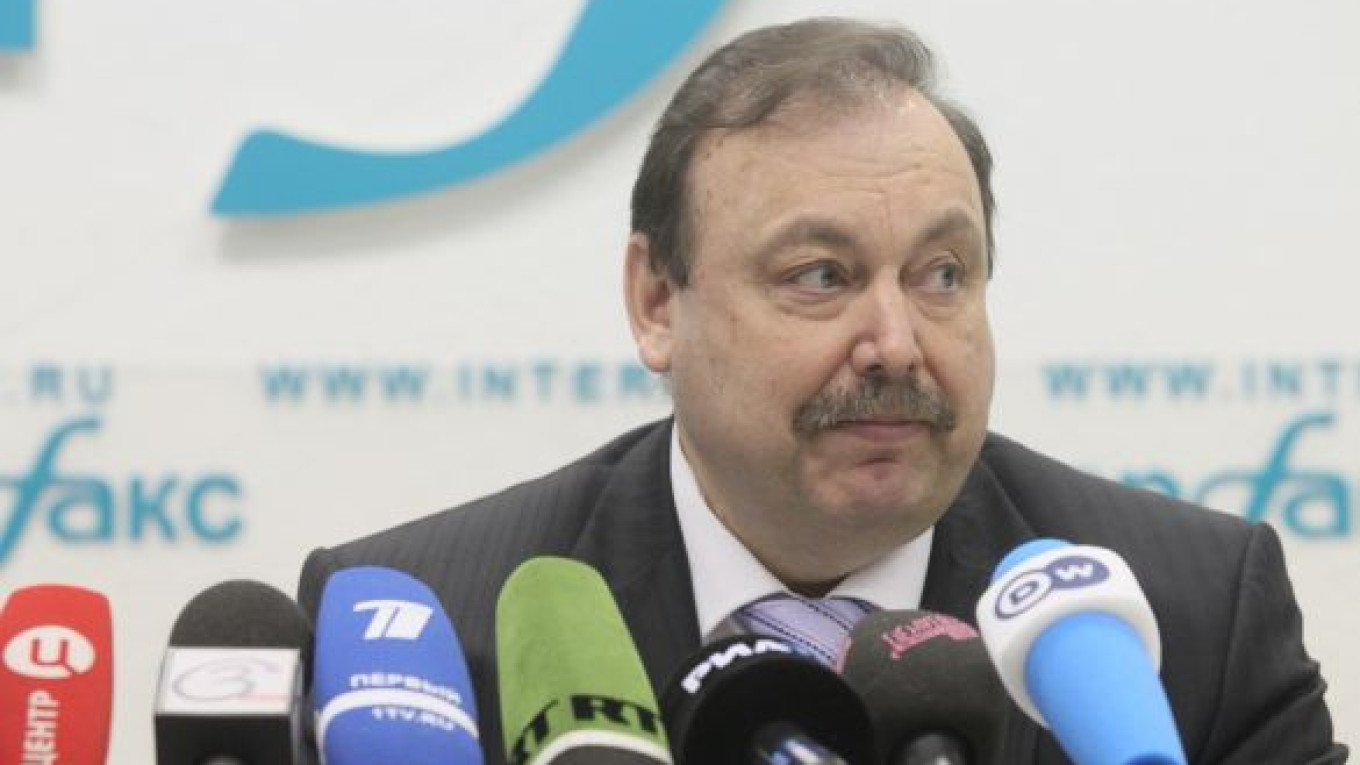Court-sanctioned snooping on private phone calls and e-mails has increased 75 percent over the past four years, according to Supreme Court statistics published in a new report.
Last year, courts issued 466,152 warrants for tapping phones and intercepting e-mails, almost double the 265,937 that were issued in 2007.
The increase is likely linked to elevated scrutiny of opposition leaders, said the report released by Agentura.ru, a think tank specializing in security issues.
Conversely, the national crime rate has decreased over the past six years, according to Interior Ministry data.
The Sept. 11, 2001, attacks in New York and Washington prompted governments around the world to intensify counterterrorist intelligence-gathering. However, the recent augmentation of surveillance in Russia is tied to escalating opposition activity, the report said.
Private conversations of anti-Kremlin figures "regularly" appear on the Internet, the report said.
Sometimes those conversations, which have included opposition leaders Alexei Navalny, Vladimir Ryzhkov and Gennady Gudkov, appear online months after being recorded.
Legislation passed in 2010 that permits security officials to snoop around based only on their suspicions has contributed to the increase in surveillance, said Agentura.ru analyst Andrei Soldatov.
A corrupt official might add extraneous names to a warrant request in order to check those people's e-mails and bug their phones, Soldatov said. "They might have nothing to do with the actual case," he added.
"In the 1990s, oligarchs had their own mini-KGBs to spy on each other," Soldatov said. "Today it is cheaper to use corrupt officials from the security services."
Olga Shvarts, a World Bank consultant and former State Duma legal committee adviser, said officials can easily extrapolate criminal intent in order to snoop, even if a case is not opened on those grounds.
A Message from The Moscow Times:
Dear readers,
We are facing unprecedented challenges. Russia's Prosecutor General's Office has designated The Moscow Times as an "undesirable" organization, criminalizing our work and putting our staff at risk of prosecution. This follows our earlier unjust labeling as a "foreign agent."
These actions are direct attempts to silence independent journalism in Russia. The authorities claim our work "discredits the decisions of the Russian leadership." We see things differently: we strive to provide accurate, unbiased reporting on Russia.
We, the journalists of The Moscow Times, refuse to be silenced. But to continue our work, we need your help.
Your support, no matter how small, makes a world of difference. If you can, please support us monthly starting from just $2. It's quick to set up, and every contribution makes a significant impact.
By supporting The Moscow Times, you're defending open, independent journalism in the face of repression. Thank you for standing with us.
Remind me later.


